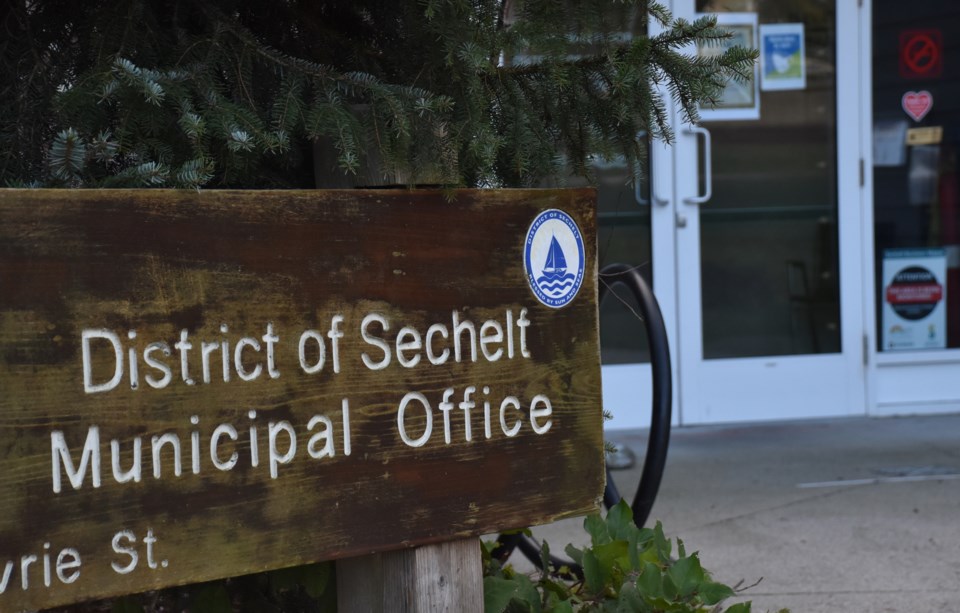As Sechelt closes in on finalizing its 2024 budget, a 7.71 per cent tax increase instead of the previously suggested 8.48 per cent was endorsed.
Over the last few weeks council has had multiple meetings where the consolidated five-year financial plan (the budget) was presented, and gave three readings to the plan and the Tax Rate Bylaw at its May 1 regular meeting.
The change in tax rate came from district savings of $78,311 in Economic Development and $20,000 in Human Resources from 2023 and have been incorporated to fund 2024 expenses.
David Douglas, Sechelt's director of financial services said that since council last saw the budget book, mention of the federal housing accelerator fund has been removed as Sechelt did not receive that funding.
Mayor John Henderson asked why the projected increase to Taxation and Other Levies increases by 10 per cent from 2024 to 2025, noting that the additional years had closer to a 6 per cent rise.
Douglas answered that the higher increase is based on new construction that is planned in the district, which has attached taxes on it. He added that the further into the future they budget, the less accurate projections are, and that the later years are a best guess at this point.
Henderson also asked about the cost of Salaries, Wages and Benefits for community services, which is budgeted at over $1.3 million in 2025.
Douglas explained this covers a wide range of facilities, such as municipal halls and wharves, which all have attached costs.
Business taxation
Prefacing that he sees too many closed doors along Cowrie Street, Henderson brought up the business multiplier, noting that businesses pay roughly two and a half times the tax that homeowners do.
Henderson said that if the multiplier was one-to-one, the average business would save $4,500 a year and the average homeowner would have to pay $163 more.
Coun. Brenda Rowe clarified that a two-times multiplier would decrease business tax by 19 per cent, and increase residential fees by 2.69 per cent. A one-to-one multiplier would reduce business costs by 59 per cent and increase residential fees by 8.5 per cent.
Council noted how far along they are in this budget, and that changes to the business multiplier will likely come in the next year's budget.
Coun. Alton Toth explained that business rent is made up of two components – base rent and triple net, which cover aspects like area maintenance and groundskeeping – saying that even if the district significantly lowered the tax burden, there are many other costs business owners face.
Speaking as a residential homeowner and a residential business owner, Toth said, “My business taxes that I pay are tax deductible as part of my cost of running a business. My home taxes are not.”
Addressing lowering the multiplier, Coun. Darren Inkster said it will also send the message that Sechelt is open for business.
Council unanimously endorsed the consolidated budget book.
The next step for the budget will be adoption.
Jordan Copp is the Coast Reporter’s civic and Indigenous affairs reporter. This reporting beat is made possible by the Local Journalism Initiative.



